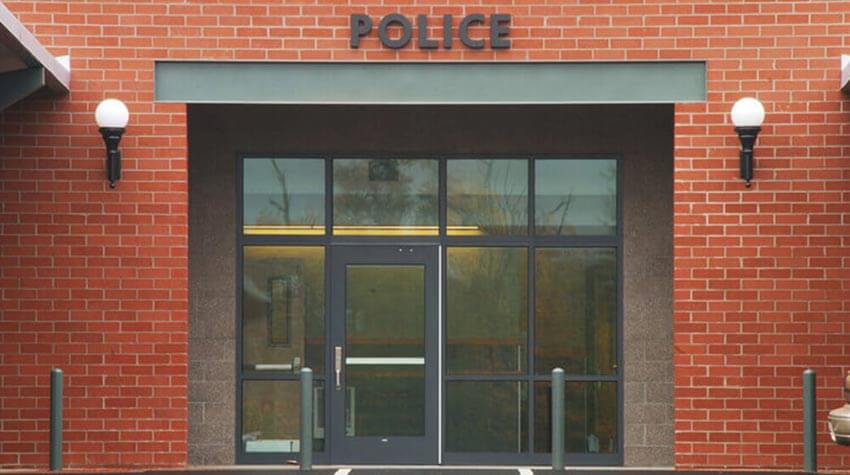The Police Department Redefining Addiction In America Is At It Again.
Usually when a police department reaches outside of their jurisdiction, people get upset. But that’s not the case with the modestly-sized department in Gloucester, Massachusetts. The department is finding that it has a lot of pull outside of its jurisdiction, at least when it comes to putting pressure on pharmaceutical companies.
The Gloucester Police Department made national headlines last year when the agency announced a major policy shift allowing any drug addict who came to the department seeking help to avoid arrest and be referred to treatment services. The momentum on the idea picked up with a national partnering among several police agencies and treatment centers.
The effort has grown into The Police Assisted Addiction and Recovery Initiative or PAARI, and more than 90 individuals from Gloucester and surrounding communities have been placed in treatment programs since the initiative began. Many police departments and treatment facilities around the country are taking notice of the program and instituting similar changes.
One Facebook Post Update Changed This Company’s Reaction To The Problem.
Last week, the department again received national attention when it took to Facebook to urge the public to contact CEOs of drug companies to “politely ask them what they are doing to address the opioid epidemic in the United States.” The post even included contact information and compensation figures for the highest-paid CEOS in the pharmaceutical industry.
By the end of the week, pharmaceutical giant Pfizer contacted the police department to schedule a meeting. In the announcement on Facebook, the police department reminds followers that “When you continue to make your calls, thank them because they could have ignored us all. Instead, within 48 hours… they responded… This is not because of us, this is because of YOU.”
Posted by Gloucester Police Department (Official) on Wednesday, September 16, 2015
This latest move is just a string in a series of events that the department has undertaken to promote treatment for addicted individuals. “Law enforcement agencies should be part of the solution to addiction, not just an arresting authority,” says John Guilfoil, who conducts media relations on behalf of the Gloucester department and other public safety agencies.
Gloucester continues to be a pioneering force in their community, encouraging individuals to come forward to seek help, offering them the opportunity to turn in their drug supply to police without any threat of arrest. Other departments are taking the program and adding their own alternatives within it, but all say that they are working towards a “treatment, not punishment” mindset.
Seeing public safety agencies take drug addiction seriously outside the capacity of arrest and law enforcement is an encouraging and important step to healthier communities. While law enforcement is often seen only for their punishment in the war on drugs, these new programs bring a better sense of trust and recovery to not just the addicted, but entire communities. In addition to conditional asylum for the addicted, it also offers the important first step of finding addicts a program and treatment. By treating these individuals, rather than just arresting them, they have a better sense of purpose within their communities and regain their path going forward.
At The Crossroads’ transitional living programs for young adults is designed for troubled young men and women who are struggling to live independently, caught up into substance abuse, emotionally immature, and not ready to make it on their own.

Recent Comments